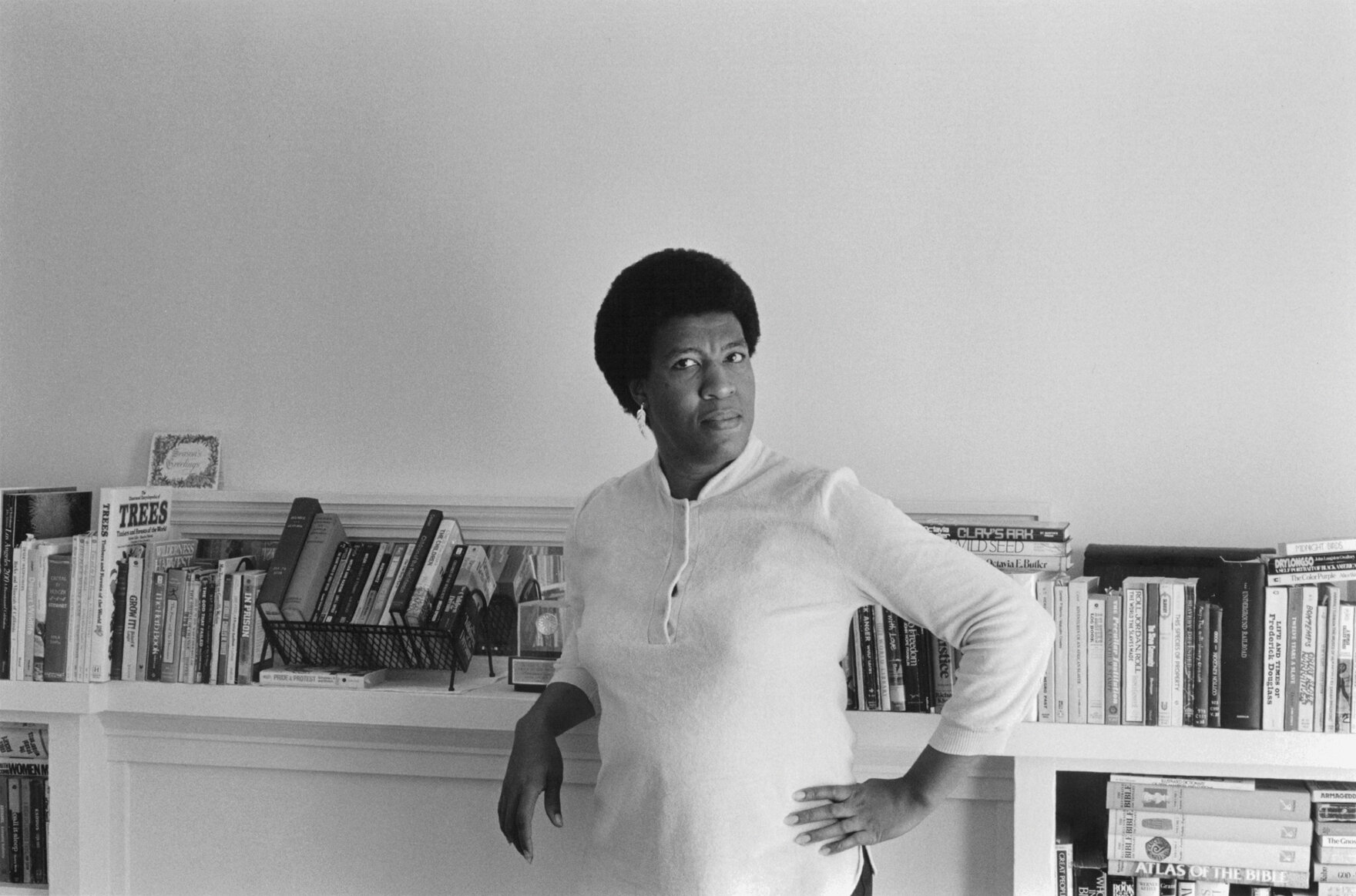A Collection of Some of Our Favorite Influential Black Figures
Illustration credit: Lara Garay | photo credit: The Register Forum
After the events that transpired last summer and even long before that, BLT recommitted to being an ally to those who are affected by all forms of racism. With Black History upon us now, we know that one month isn’t adequate to achieve all that needs to happen. But, one way we’d love to help educate and spread positivity is sharing some of our favorite influential Black figures throughout history.
Zora Neale Hurston is one of our all time favorite authors. And though we love "Their Eyes Were Watching God" and "Moses, Man of the Mountain", a favorite, especially by Kathy McGoff is her autobiography "Dust Tracks on a Trail." This memoir illuminates her grit, determination and perseverance in obtaining an education and sharing her stories. Zora was a trained anthropologist, a true leader in the Harlem Renaissance and she inspired countless other writers — Kathy saw her books on Hemingway’s bookcase while in Key West!
Alice Walker, best known for her book "The Color Purple," grew up during the Jim Crow era. Her parents were sharecroppers and recognized her talents early on. We are particularly drawn to her book "In Search of Our Mothers Gardens" which is a collection of essays and reflections on our responsibilities to each other in our families and communities. Alice also is responsible for bringing Zora Neal Hurston back to the public's eye as Zora had died in obscurity and her work was no longer being printed.
August Wilson was a Pulitzer Prize winning playwright whose work spanned decades. A series of plays called "The Pittsburgh Cycle” was what cemented his legacy. Kathy McGoff saw the second installment of “The Pittsburgh Cycle,” "Joe Turner's Come and Gone" back in the 80's (yikes!). She recalls being struck by the compelling subject matter and intense dialogue that rivals, and even surpasses, David Mamet in intensity and punch. It's easy to recognize his style and passion. Most recently, Kathy watched Denzel Washington's movie adaptation of “Fences,” which is equally heartbreaking, poignant and impactful. Denzel honored Wilson’s original intentions and vision and delivered a stunning piece. The themes of the African-American struggle, freedom, poverty, alienation and assimilation are explored throughout his works, and we feel he should absolutely be remembered as a pivotal figure.
Octavia E. Butler broke barriers and stereotypes by writing science fiction. Her work was best-selling, award-winning and groundbreaking; this led to her becoming the first and only science fiction writer to earn a MacArthur “genius” Fellowship. Her writing included characters and themes of: Black female protagonists, radical notions of kinship, and a keen understanding of power dynamics. Butler revolutionized the genre and introduced the idea of ‘Afrofuturism.’ Afrofuturism is “a cultural aesthetic that combines science-fiction, history and fantasy to explore the African-American experience and aims to connect those from the black diaspora with their forgotten African ancestry.” (Tate).
Butler challenged gender and racial stereotypes in a predominantly white male genre by penning some of the most compelling and thought-provoking science fiction stories ever written. "Parable of the Sower" is scarily set in a world that could be ours - unprecedented crime, global warming, unemployment and a fear of the outside. There's even a "cult of personality" type leader in the mix. In another novel, "Kindred", a young African American woman must time travel to the era of slavery to make some provocative choices in order to save the present. Anything Octavia Butler has written is worth reading numerous times.
We have only named a handful of incredible Black people who have introduced, contributed and changed: art, genres, stereotypes and ideas in society. We encourage our audience to pick up a book, or turn on a movie, that was created by someone who doesn’t look like themselves. Embracing different cultures, backgrounds and ideas is what makes for a richer and more educated life, and it’s what makes our industry relevant.




